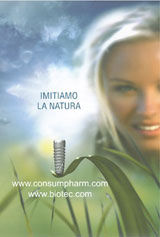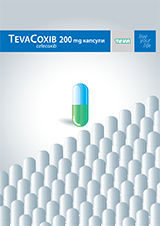Biotechnological Equipment
Advanced search
Article
Biotechnology & Biotechnological Equipment 27 (6), 4290 - 4293 (2013)
http://dx.doi.org/10.5504/BBEQ.2013.0100
MEDICAL BIOTECHNOLOGY
POROUS COATED TITANIUM IMPLANTS DO NOT INHIBIT MESENCHIMAL STEM CELLS PROLIFERATION AND OSTEOGENIC DIFFERENTIATION
Boris Antonov1, Ivan Bochev2, Milena Mourdjeva3, Plamen Kinov1, Lubomir Tzvetanov1, Ivan Sheitanov4, Stanimir Kyurkchiev5
- University Hospital “Queen Giovanna - ISUL”, Department of Orthopedics and Traumatology, Sofia, Bulgaria
- SAGBAL „D-r Shterev“, Sofia, Bulgaria
- Bulgarian Academy of Sciences, Institute of Biology and Immunology of Reproduction, Department of Molecular Immunology, Sofia, Bulgaria
- Department of Rheumatology, University Hospital “St. Ivan Rilski”, Sofia, Bulgaria
- Tissue bank “Bulgen”, Sofia, Bulgaria
Correspondence to: Plamen Kinov E-mail: plamenkinov@yahoo.com
Published 18 December 2013
Abstract
The aim of this study was to investigate the proliferation and osteogenic differentiation of mesenchymal stem cells in contact with porous coated titanium implant. Human mesenchymal stem cells (BM-MSCs) were obtained from bone marrow aspirate from the femoral canal during elective hip replacement. The MSCs were isolated and cultured. The resulting cells were seeded on porous coated titanium plates obtained from prosthesis blanks that had all the characteristics of the final product. The same cells were grown on classic plastic polystyrene plates as a control specimens. The proliferation and osteogenic differentiation of the isolated and cultured mesenchymal stem cells were examined. Our results show that under the same conditions there were no significant differences between the study and control groups. Titanium implants with porous coated surface provide favorable conditions for the proliferation and differentiation of bone marrow stem cells and did not inhibit their development. In conclusion, it may be possible to advance this methodology to stimulate healing of bone defects and particularly massive osteolysis in the revision arthroplasty setting. MSCs may provide an alternative to the use of autologous and allogenic bone-grafts in orthopedic surgery.
Keywords
mesenchymal stem cells, titanium plates, cell vitality and adhesion, cell proliferation and proliferative activity, osteogenic differentiation


